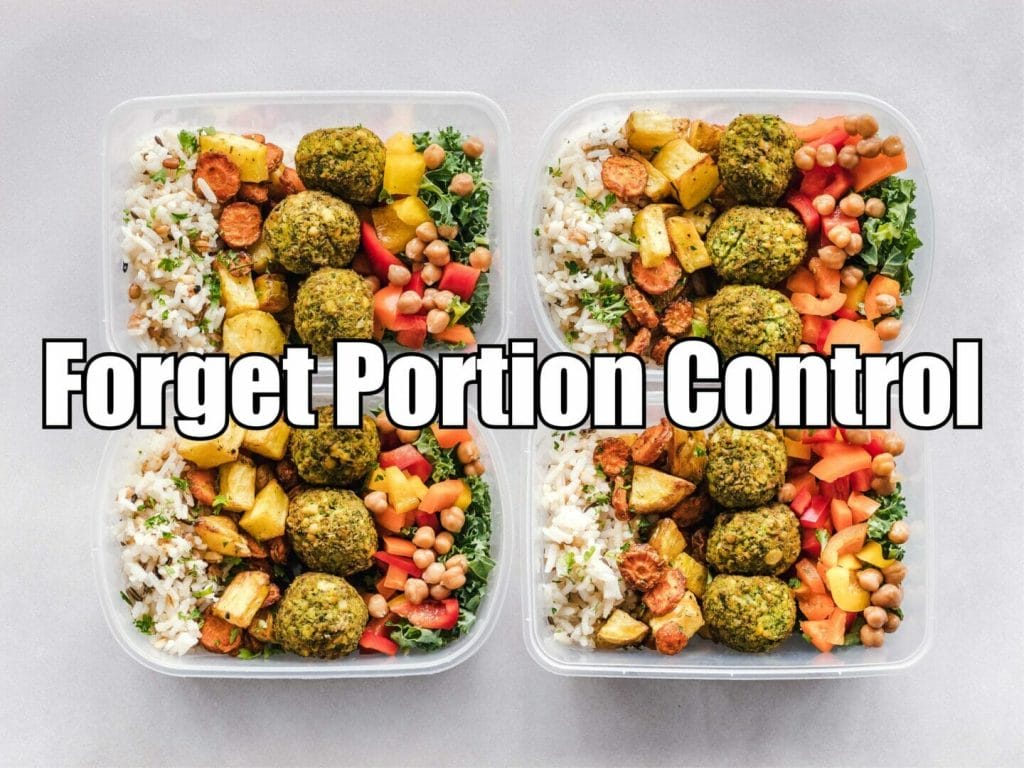In our journey towards better health, fitness, and body composition, we often place heavy emphasis on the type of foods we eat, overlooking an equally critical aspect – the quantity. Portion control is not about slashing food intake drastically but striking a balance that nourishes your body without overeating or under-eating. In essence, it’s about eating the right amount of the right foods.
Protein vs Carbohydrates
The abundance of carb-heavy foods like pasta, bread, rice, and convenience snacks often leads to carbohydrate overconsumption. On the other hand, sources of protein like lean meats, fish, legumes, and dairy products, which are crucial for muscle repair and growth, are often underrepresented on our plates. Overconsumption of carbs, especially refined ones, can lead to energy crashes and weight gain, while insufficient protein can impede muscle growth and recovery.
Mastering Portion Control
Here are some actionable tips to better master portion control, thereby ensuring a more balanced nutrient intake:
- Understand Your Macronutrient Needs: Get familiar with how much protein, carbs, and fats your body needs daily based on your activity level, weight, and fitness goals. You can use our macro calculator here if you need.
- Use Visual Aids: If you don’t want to weigh out or measure everything you eat, use your hand as a visual guide. As a rough guide, a palm-size serving of protein, a fist-size portion of vegetables, a cupped hand of carbs, and a thumb-size of fats is a balanced plate for most people.
- Plate Composition: Aim to fill half your plate with vegetables, a quarter with lean protein, and the remaining quarter with complex carbohydrates. Don’t forget to include a small portion of healthy fats, such as avocado or olive oil.
- Control Meal Environment: Eat from smaller plates and bowls – this tricks your brain into thinking you’re eating more than you actually are. Avoid eating directly from packages, as it makes it easy to lose track of how much you’ve consumed.
- Mindful Eating: Slow down and savor your food. It takes about 20 minutes for your brain to register that you’re full. Slowing down can prevent overeating and increase enjoyment of your food.
- Stay Hydrated: Sometimes, we confuse thirst for hunger. Drink a glass of water before meals to help control appetite.
- Protein at Every Meal: Shoot to increase your protein intake to help keep you full and ensure that you’re hitting your daily protein requirements. For most people, we recommend getting in around 0.8-1g/lb of bodyweight per day. Read more about protein here.
Portion control doesn’t mean depriving yourself. It’s about creating a healthier relationship with food and understanding what your body needs to function optimally. It empowers you to make better food choices and helps you achieve your fitness and health goals. Start small, adjust as you go, and remember that consistency is key!



